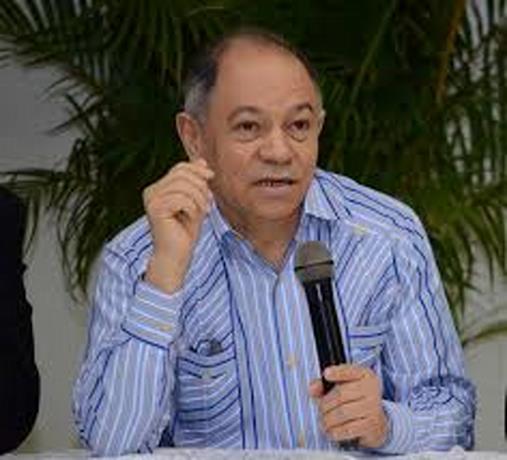Although it is handled with great secrecy to keep out the presence of the media, tomorrow the National Salary Committee is summoned (CNS) to find out if the employer sector already has its first proposal ready for the “bid” at the tripartite dialogue table for the increase in the minimum wages of non-sectorized private companies.
The president of the National Confederation of Union Unity (CNUS), Rafael -Pepe-Abreu, said that this call for 10:00 in the morningobeys an approach of the union sector to give a week that the employers requested to be able to agree and make their proposal.
Abreu said that hope there are no more excuses and that this time the business community make a concrete proposal and stop “evading” the issue and reiterated that the request of the workers is to approve a 35% increase in minimum wages, an increase that exceeds the adjustment for inflation as The Government has raised and assured that the management of President Luis Abinader will not sympathize with a proposal that is limited to an inflation readjustment.
35% is not much
Pepe Abreu defended the union sector’s proposal to increase it by 35%, indicating that if it is taken that the salary review is carried out every two years, the proposal is compatible with the scenario that the workers are experiencing and the business community is in a position to assume this increasegiven the dynamism shown by the business sector, which he said under the sacrifice of its workers has increased its productivity by 15%.
With 35% magnifications, the minimum wage for large companies would go from $21,000 to $28,000, for medium-sized companies from $19,230 to $23,000, small companies from $12,900 to $17,000, and SMEs from 11,900 to $12,500.
The president of the CNUS added that all the business fabric is in a position to assume the readjustment of wages, including the MSMEs. He indicated that the representatives they cannot allege inability to improve the conditions of their workers since they were benefited from a reclassification that affected only their employees.
Ghost of layoffs and inflation
The trade unionist pointed out that whenever he talks about raising wages, the ghosts of layoffs and inflation that will swallow up the increase, however, he explained that inflation has always existed regardless of whether wages rise or not and worse still, the inflationary process of recent years has greatly reduced the purchasing power of families.
He explained that with the specter of layoffs, it has never been found that massive layoffs occur after a salary increase, on the contrary, he said that they produce more hiring because ultimately, when a little more money circulates in the hands of the workers who have minimum wages, what happens is that consumption increases and businesses and companies benefit from this.
"The revision of minimum wages does not build well-being, they are survival wages, nothing more, so since they are survival wages, what people spend on is food, non-alcoholic beverages, transportation and health and ultimately in whose hands it is, in the hands of companies and commerce"Abreu explained.
